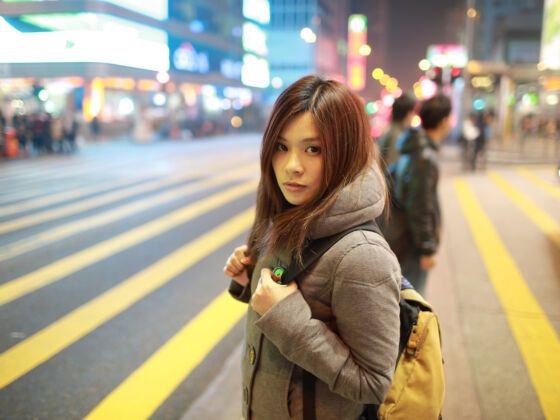I WAS IN A MARKET IN CHENNAI, INDIA, and a little girl — maybe 5 years old — was aggressively begging for money. She wrapped herself around my leg while I stood, paralyzed, not knowing what to do. Before traveling to India, people told me to never give to the beggars. Child beggars especially were known to be exploited by thugs and human trafficking cartels, and often, the act of giving means you’ll be mobbed by others hoping for the same. But knowing that doesn’t prepare you for having a cute, clearly hungry 5-year-old wrapped around your leg, crying.
Finally, I realized that she wasn’t begging for money — she was reaching for my water bottle. I hesitated for a second, when a nearby street vendor walked over, pulled her off me, smacked her, and then gave me a big, ingratiating smile that seemed to say, “You’re welcome!”
As we drove away from the market, I saw children bathing in a nearby sewage pit. That’s what she drinks out of, I realized. When I got back to the ship I was staying on, I was instructed to pour the water out.
